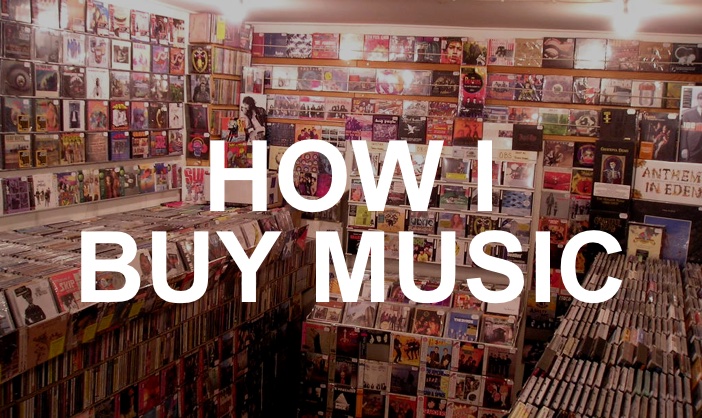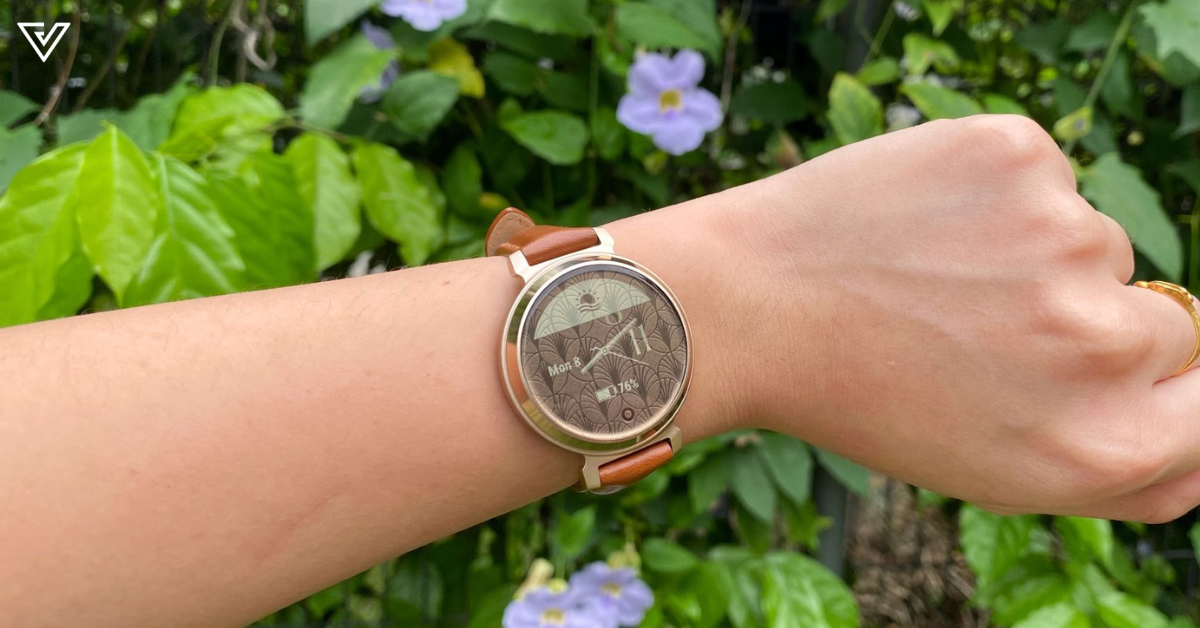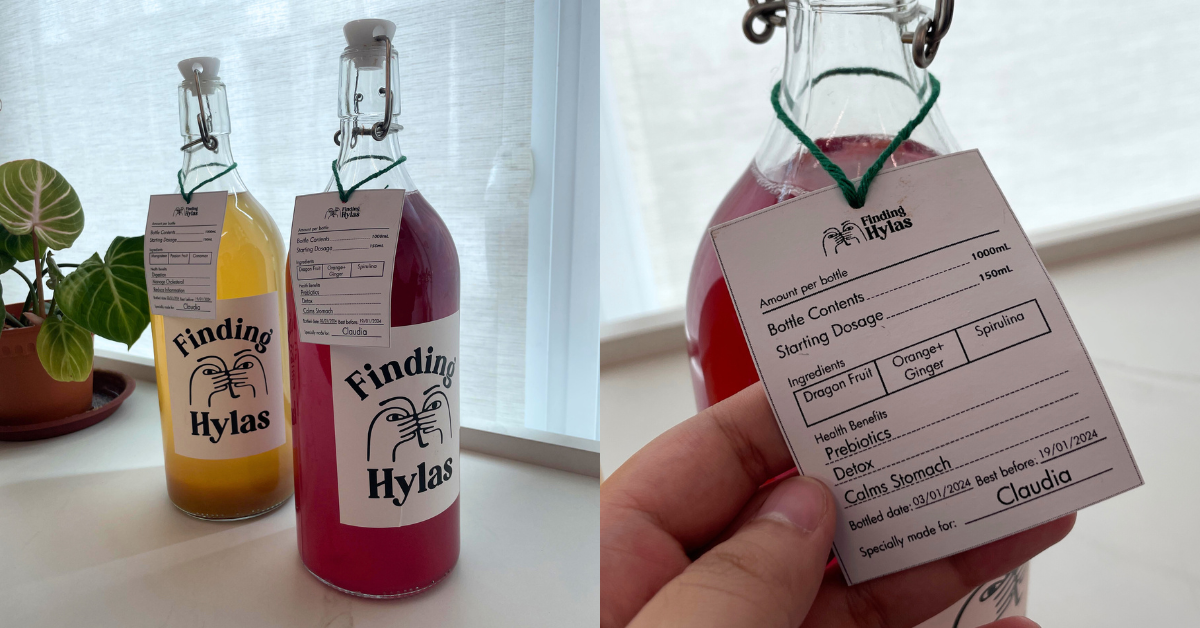On a recent flight from Tokyo to LA, I started my flight like I did most flights — by plugging my earphones into my iPhone to listen to some music. Phone memory space is sacred, and without any WiFi connection, the songs saved in my phone were limited to the purchased content on my iTunes app, a sad little folder that held just two albums — one by an American independent singer-songwriter Nataly Dawn, and another from a popular local artist by the name of Charlie Lim. The songs, bought a year or so ago, have been heavily overplayed and wrung dry, played more than any 90s chart hit on our local radio.
Buying music these days is different from how it was 10 years ago. The CD mixtapes that I had once painstakingly burnt for my Walkman now collect dust, scratched and worn. My sacred collection of CDs, which I had selected from a large family at HMV and arranged weekly in alphabetical order, have been worn down to share broken cases, their lyric books bent and fingered to almost nothing. The album art had once been crucial; they determined whether I would buy something from an unknown artist. This was before you could preview tracks at designated booths in larger music stores. The duds of the lot — those that I had listened to and instantly disliked — are long gone, chucked into the abyss of forgotten bad music.
Then, I had bought music because I wanted to listen to them. Now, I buy music because I want to support them.
Support is the key word here. Perhaps somewhere along the line, I had matured in my understanding of the music industry, and with the help of YouTube and social media, I had discovered music from small-town nobodies, and lent my support of their alternative career paths with a dollar ninety-nine. My money has new purpose, and though the price tag has shrunk, the meaning behind each dollar has been transformed. When I buy music, I’m not shopping; I’m giving a big proverbial thumbs up. I’m saying to the artist who made it: “I like your work, you should keep at it. I hope these few dollars will help you make more music.”
Is this better for the music industry? Maybe not. Record sales have dropped, HMV is long gone, and the price of music is a fraction of what it used to be. And if you are still reluctant to buy actual records, you have streaming services like Spotify or Deezer to tide you over, letting you pay artists for those few minutes of your attention that they were able to capture. Digital music sales are at an all time high, but even that isn’t able to match the high that the music industry enjoyed before. According to the International Federation of the Phonographic Industry, global revenue from recorded music hit $15 billion in 2014, a far cry from the $60 billion in 1996.
Perhaps it’s a reaction to this drought in the music industry, but the introduction of technology into the music industry has made me rethink my relationship with artists as a consumer of their music. With the option of “free music”, each penny I spend on music is worth more. It humanises an album beyond that quick first listen you get from a listening booth.
I’ll never pay for recorded music by big names like Ed Sheeran or Jay Chou — an occasional listen on Spotify will do — but when I find an artist I whole-heartedly want to support, like Charlie Lim, I’m quick to reach for my wallet. I buy his music on iTunes, watch his videos on YouTube, and stream his music on Spotify. I’d contribute to any Kickstarter or fund-raiser he holds. I know for a fact, thanks to social media and the Internet, that any money I spend on him will actually go to something meaningful. This keeps me intrinsically linked to him, closer than any artist whose CDs I bought in the 2000s.
The music industry is changing, and it’s putting the power into consumers hands. That power changes us, morphs our perspective, and enables us to do more than any shopping trip would.
Thanks to technology, I buy music not because I want to hear it, but because I chose to love it.










